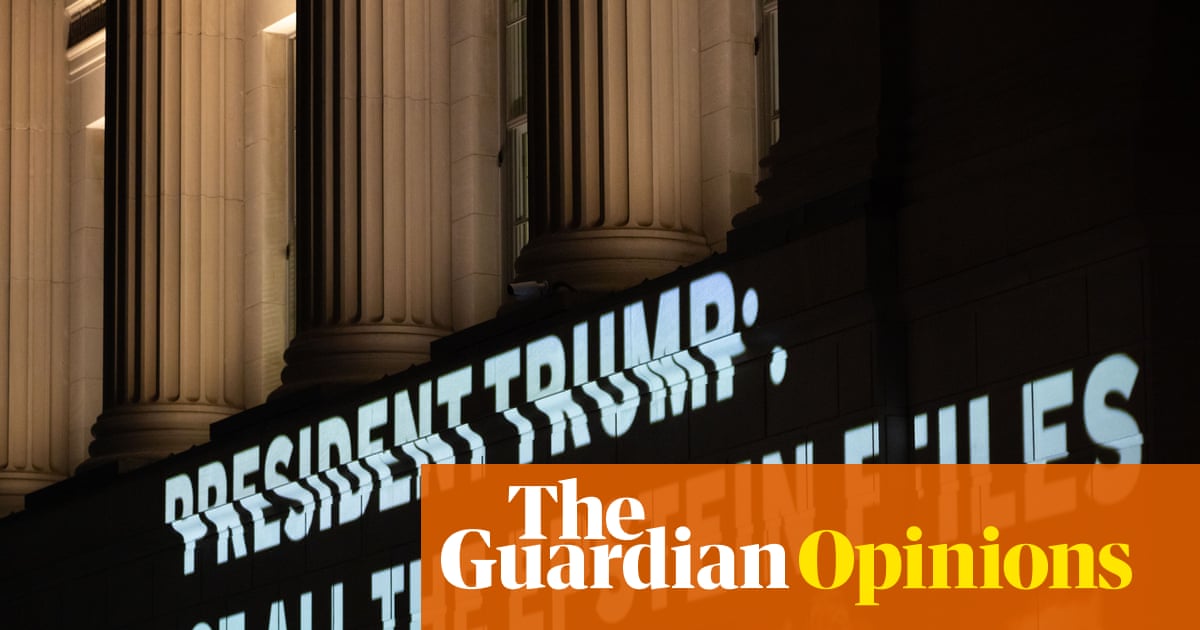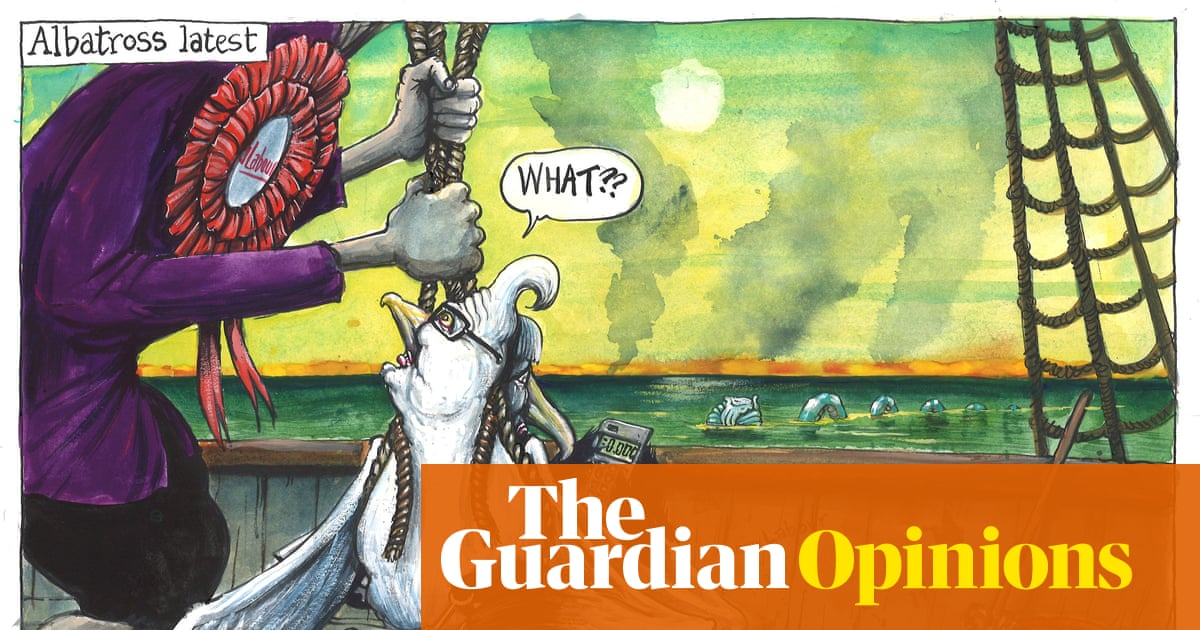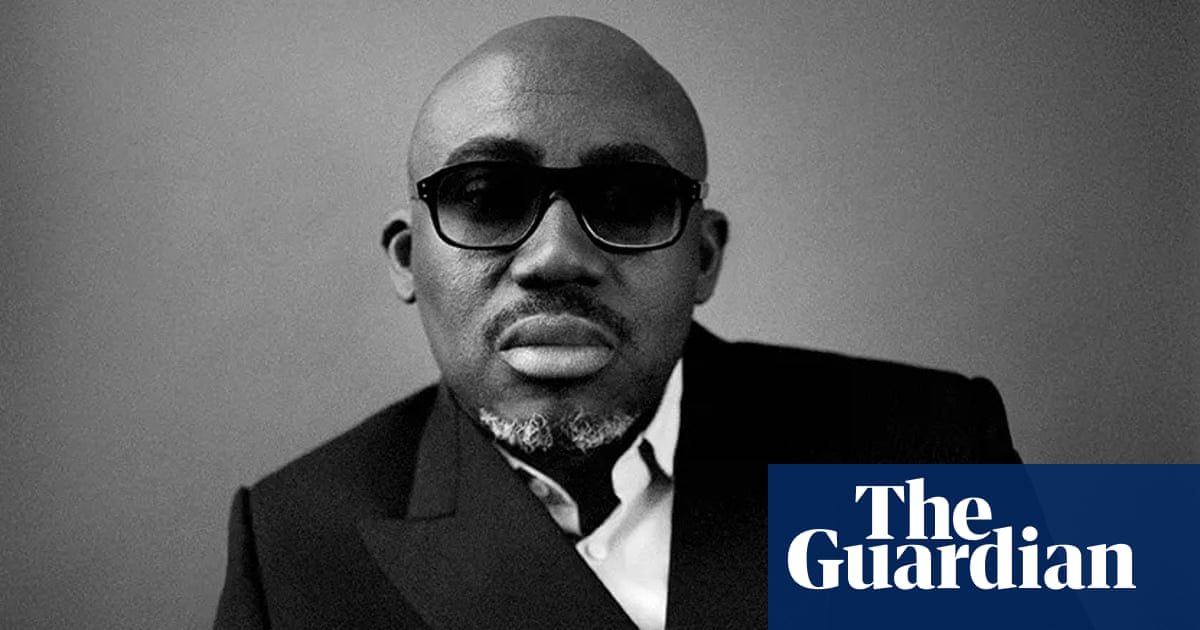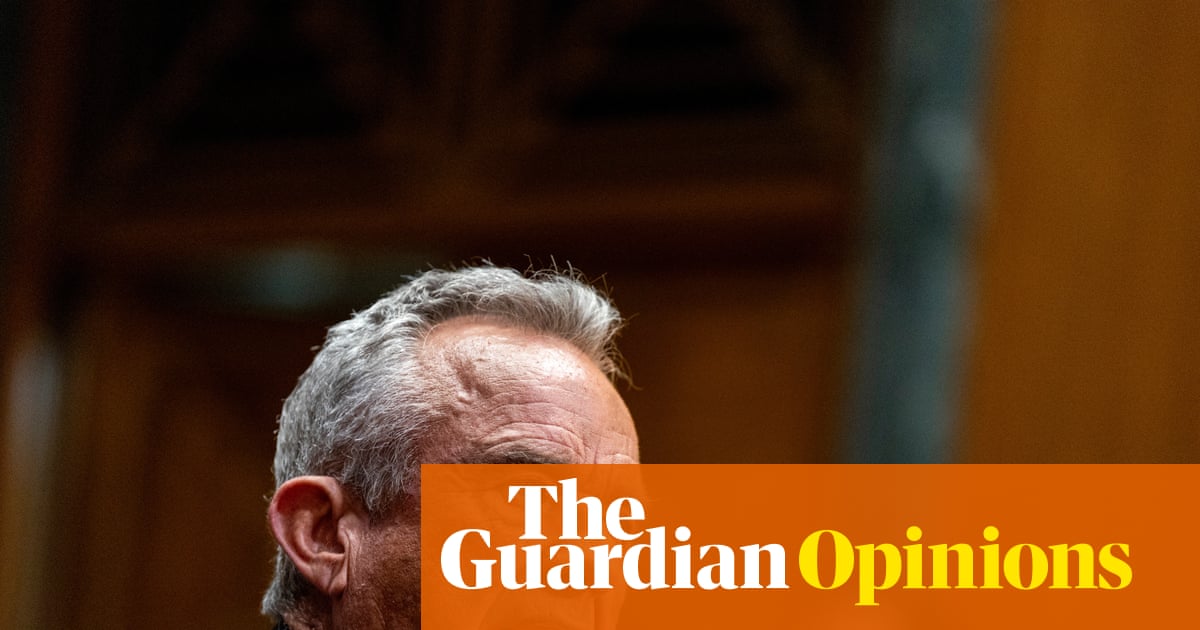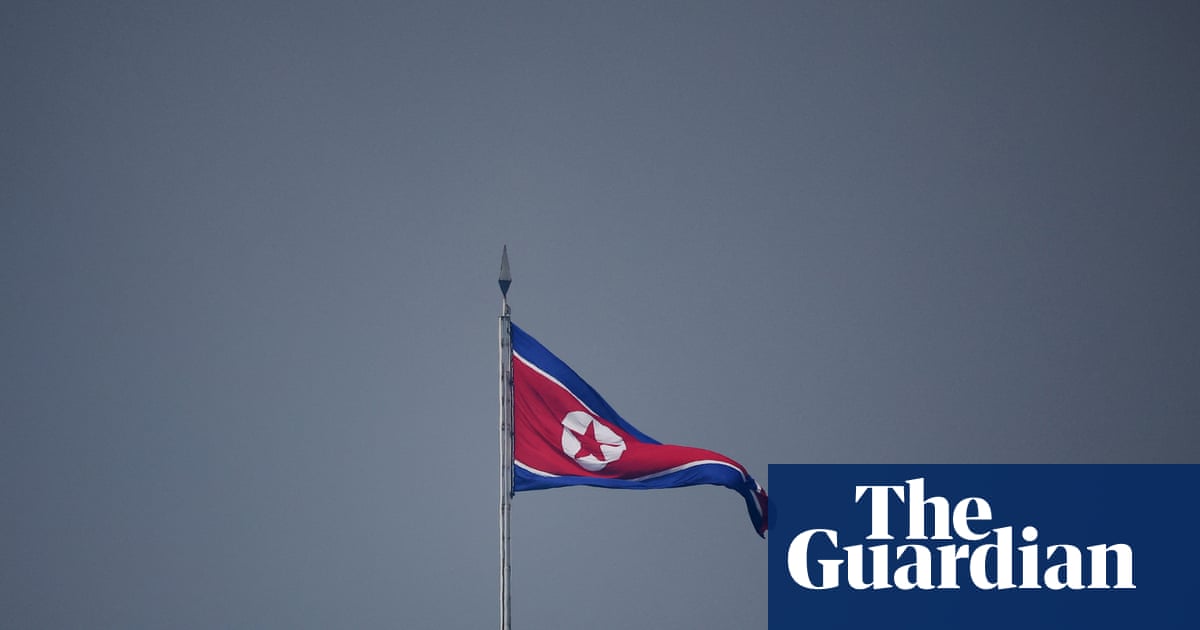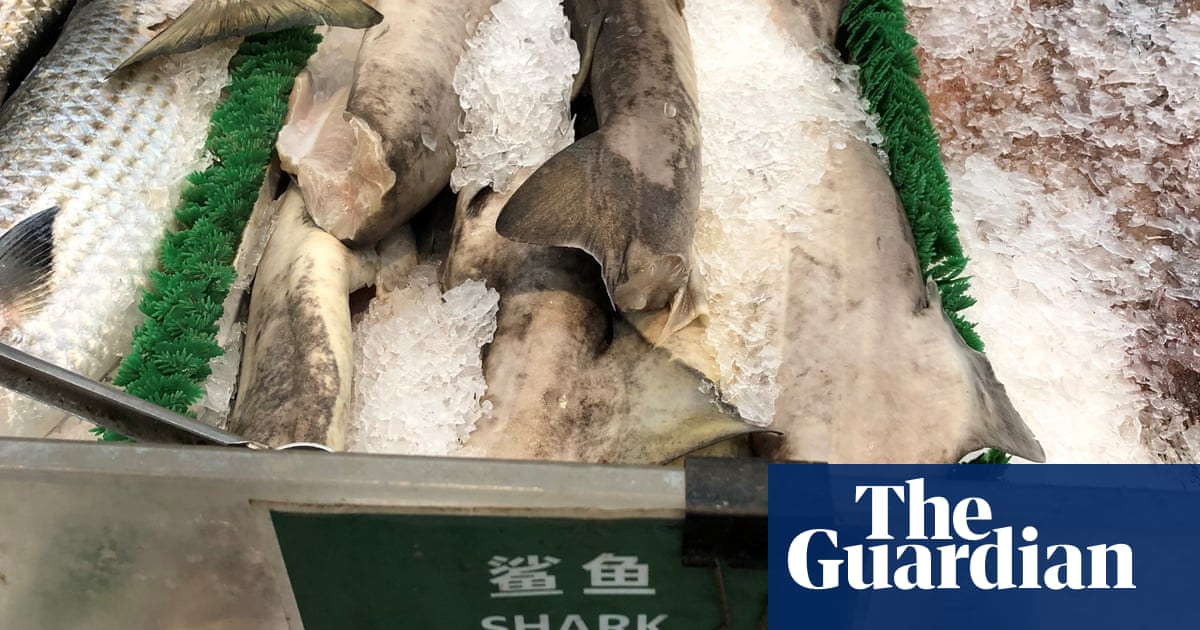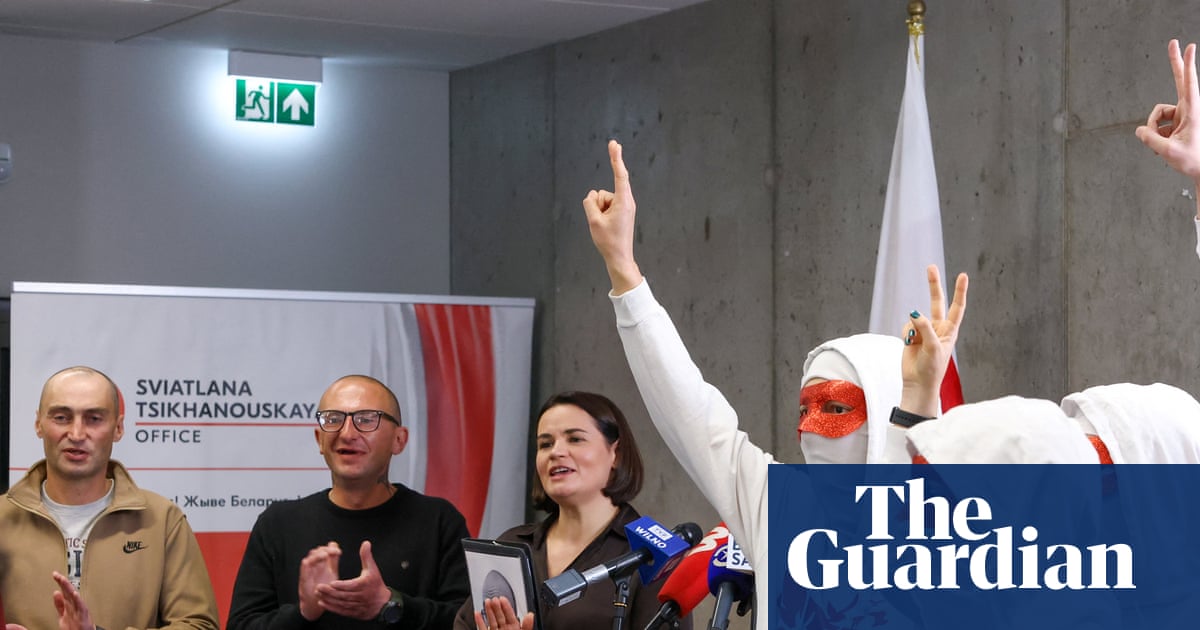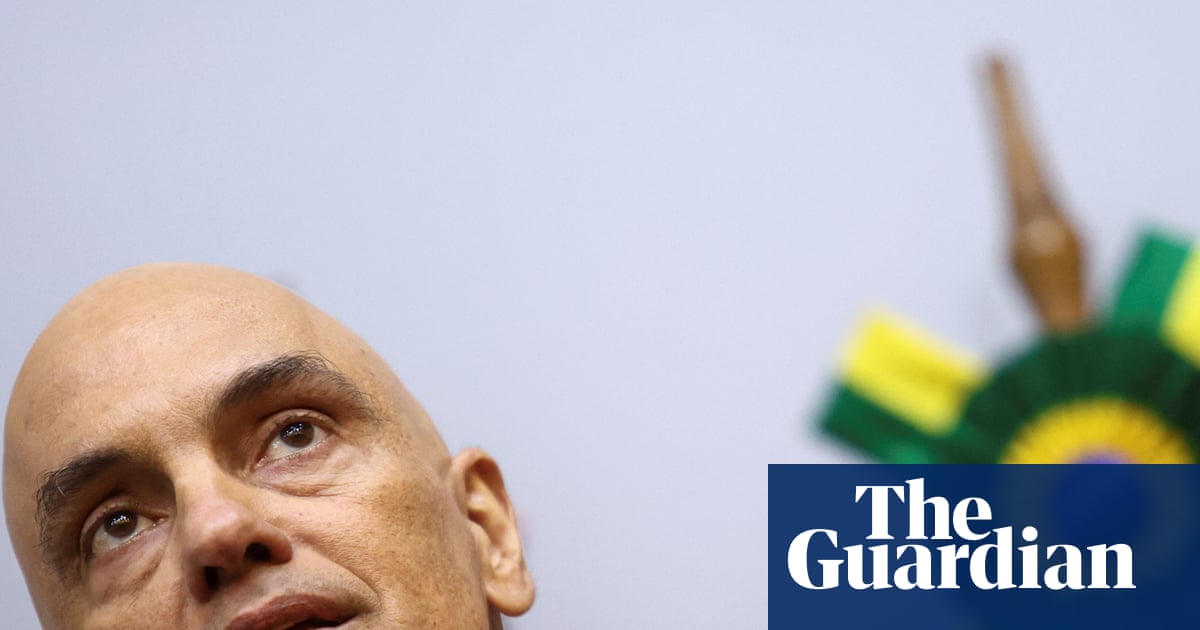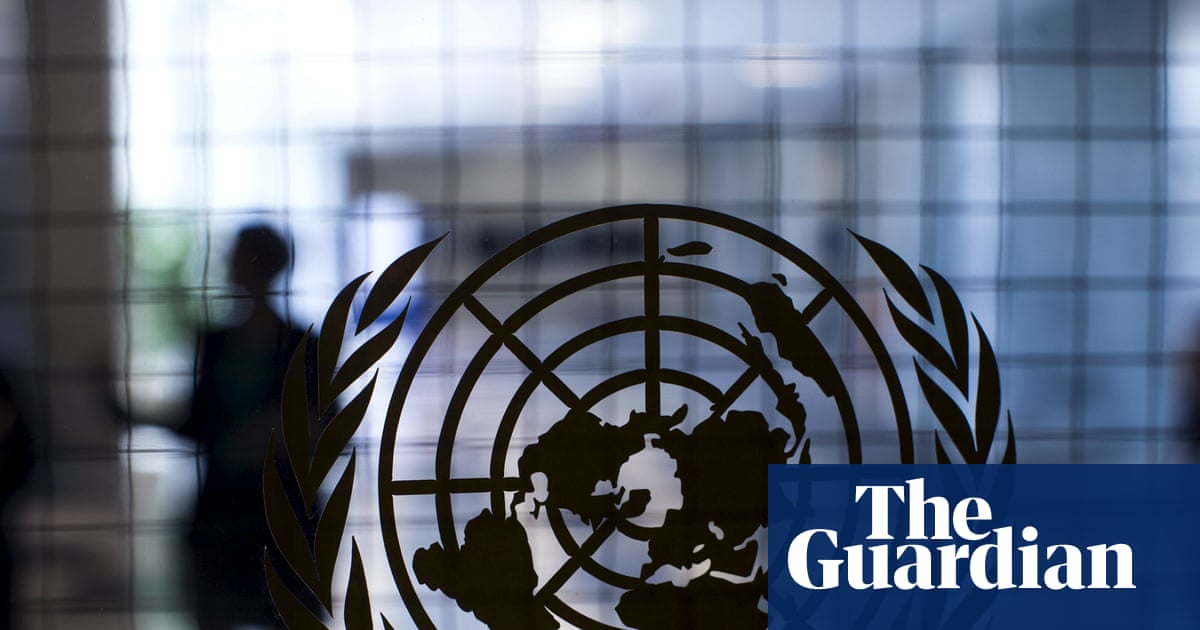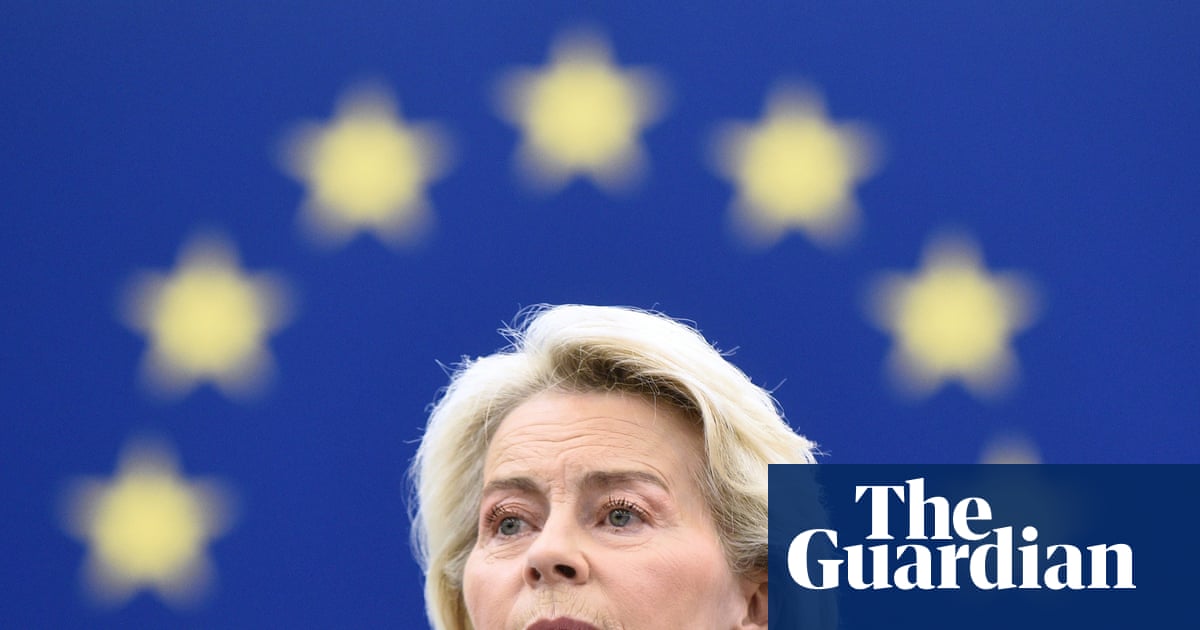Throughout his business career, Donald Trump sought new ways to leverage his name to make easy money. He ran an airline, a university and a winery. Thanks to The Apprentice show that made him a reality TV star, the US president slapped his name on real estate projects around the world built by other companies – along with Trump-branded steaks, vodka, deodorant and bottled water. Many of these businesses ultimately failed, but Trump rarely invested his own funds and he still walked away with hefty licensing fees.
Today, as the most powerful person in the world, Trump has found perhaps the easiest way to profit off his name: cryptocurrency. Days before his inauguration for a second term on 20 January, Trump’s family business launched a meme coin, called $TRUMP, which is a type of digital currency often connected to an online joke or mascot. It has no inherent value beyond speculation. The coin quickly soared in value up to $75 per token, but it crashed days later. No matter the ultimate price, Trump and his family rake in millions of dollars in fees as the coin is traded by speculators hoping to turn a quick profit, or those trying to curry favor with him.
It’s difficult to keep up with all the ways that Trump is corrupting the US presidency and using it for personal profit, but his crypto ventures are among the most dangerous because they potentially allow him and his family to collect hundreds of millions of dollars from foreign investors and governments that would normally have a harder time funneling money to a US politician. Thanks to the meme coin and other deals, the Trump family’s wealth increased by nearly $3bn in the last six months. Trump has proven himself the most successful president – at monetizing the presidency.
While he is exempt from conflict of interest laws that ban federal employees from profiting off their positions, every US president since the 1970s had voluntarily abided by these rules – until Trump. Previous occupants of the White House either sold their financial holdings or set them aside in blind trusts. But in his first term, Trump refused to divest from his business empire, which is mostly centered around the Trump Organization and is still managed by his sons.
Since Trump’s first term, his family business has also evolved beyond a real estate conglomerate that licenses the Trump name to hotels, luxury towers and golf courses around the world, earning millions of dollars in branding and management fees without investing its own funds in most projects. The business now includes a portfolio of social media and crypto ventures, providing Trump with new ways to profit from being in office. And Trump is more emboldened to ignore norms set by past presidents, thanks to a compliant Congress led by Republicans and a US supreme court ruling last year which gave Trump “absolute immunity” from prosecution for his official acts as president.
Trump’s foray into cryptocurrency underscores the ways he can leverage the presidency for personal gain by exploiting his sense of impunity and an industry that is notorious for fraud and a lack of transparency. After the value of his meme coin collapsed, Trump’s crypto venture announced in April that the 220 largest buyers of the token would be invited to a private gala dinner with the president at his Virginia golf club, while the top 25 buyers would get access to a VIP reception with Trump and a White House tour. Once that contest was underway, the $TRUMP coin got a new round of media attention and its value jumped by more than 50%. The more people bought the token, the more Trump and his family profited from crypto transactions that are usually shrouded in anonymity. Since the meme coin’s launch in January, Trump-affiliated businesses received $312m from crypto sales and $43m in other fees, according to a Washington Post analysis of trading data.
Of course, US presidents for decades have used private dinners and gatherings to grant special access to wealthy donors and raise funds for their political parties or their own campaigns. But campaign contributions carry legal restrictions on how they can be spent, and US donors can’t remain anonymous and must disclose all of their donations to political candidates. The sweepstakes dinner organized by Trump’s crypto business was not a fundraiser or campaign event – it was a gathering arranged to directly enrich him and his family.
Beyond the inherent conflict of Trump doing business within an industry that he has immense power to regulate as president, Trump also opened himself up to foreign influence as his meme coins became a vehicle for foreign actors to funnel money to his family. While Trump’s crypto business has refused to release a list of those invited to last month’s dinner at the Trump National Golf Club in Virginia, media organizations compiled lists of attendees that included foreign citizens who would normally be forbidden from donating funds to US politicians. (The Washington Post found that nearly half of the top 220 Trump meme coin holders purchased their coins from crypto exchanges that reject US-based customers, meaning they are likely foreign buyers. And 19 of the top 25 buyers, who were invited to a VIP reception with Trump before the dinner on 22 May, and a “special tour” the next day, had bought coins from similar exchanges.)
The best-known foreign investor who attended Trump’s dinner was Justin Sun, a Chinese billionaire who founded the crypto platform Tron and had spent more than $20m on the president’s meme coins, earning him the distinction of being the contest’s top buyer. In 2023, the Securities and Exchange Commission, under Joe Biden’s administration, charged Sun with fraud and market manipulation. But a few weeks after Trump took office, the SEC asked a federal court to pause its lawsuit.
What could be behind the SEC’s change of heart about pursuing charges against Sun under the second Trump administration? Sun is one of the top investors in World Liberty Financial, a crypto venture launched by Trump’s family in September. After Trump won the November election, Sun bought $75m in World Liberty tokens, and he was named an adviser to the company.
World Liberty is at the heart of another foreign entanglement – and potential conflict of interest – for Trump and the crypto industry. On 1 May, the president’s son Eric and a business partner, Zach Witkoff (who is also the son of Steve Witkoff, Trump’s special envoy), announced that an investment fund backed by the government of Abu Dhabi would invest $2bn using a stablecoin – a form of digital currency – offered by World Liberty. That transaction could eventually generate hundreds of millions of dollars in revenue for the president and his family.
Years before he got into the business, Trump had dismissed cryptocurrencies as “a scam” which have values that are “based on thin air”. But Trump changed his tune dramatically when he met with the highest-paying customers of his personal meme coin at last month’s dinner. “The past administration made your lives miserable,” Trump told his guests, referring to a Biden administration crackdown on crypto companies. And then the president promised to do things differently: “There is a lot of sense in crypto. A lot of common sense in crypto.”
Already, the Trump administration has been pushing to deregulate the industry and in April instructed the justice department to disband a unit that focused on investigating crypto-related fraud. Last year, a federal judge sentenced Sam Bankman-Fried, who founded the now bankrupt FTX crypto exchange, to 25 years in prison for perpetuating one of the largest financial frauds in modern history, and bilking his customers out of billions of dollars.
Once Trump dismantles regulation and law enforcement of the industry, he has promised to make the US the “crypto capital of the planet”. And the president will continue to enrich himself and his family along the way.
-
Mohamad Bazzi is director of the Hagop Kevorkian Center for Near Eastern Studies, and a journalism professor, at New York University

 3 months ago
60
3 months ago
60
